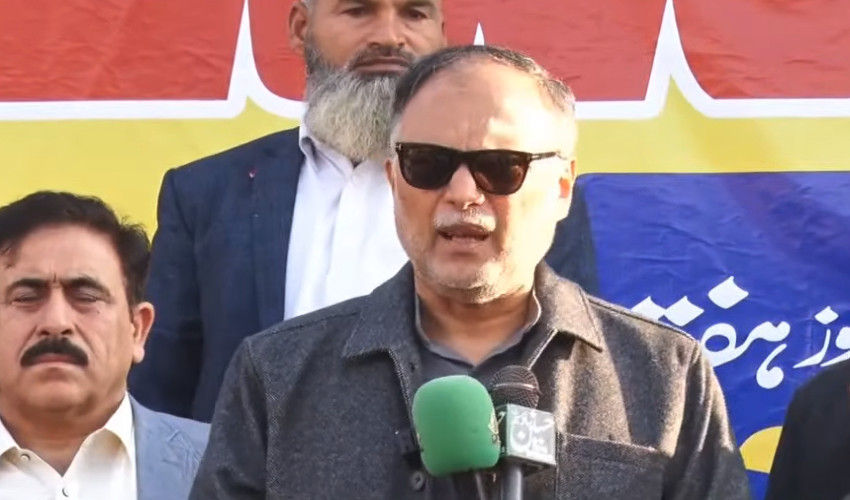Federal Minister for Planning and Development, Ahsan Iqbal, has outlined a bold plan to transform Pakistan into a trillion-dollar economy by 2035. Speaking at the launch event of the Udan Pakistan Initiative in Quetta, he stressed that proper planning, political stability, and policy continuity are vital for this vision to succeed.
Addressing students at Balochistan University of Information Technology, Engineering and Management Sciences (BUITEMS), Iqbal shared the history of Pakistan’s economic journey. He reminded the audience how, in 2013, the country faced severe terrorism, crippling energy shortages, and deep political chaos. He said the PML-N government pulled Pakistan back from disaster then, and it can do it again through the Udan Pakistan Initiative.
Recalling achievements under former Prime Minister Nawaz Sharif, the minister credited his leadership for restoring peace in Balochistan and Karachi by 2017. Iqbal highlighted the construction of a massive road network connecting Gwadar to Quetta and the decline in terrorism through strong development policies.
However, he regretted that this progress was disrupted after 2018. According to him, if development had continued, Pakistan could have surpassed countries like Malaysia. He even claimed that Nawaz Sharif’s leadership could have outshined Mahathir Mohamad’s legacy had there been consistency.
Ahsan Iqbal sharply criticized the PTI-led government for mismanagement. He blamed their poor governance for pushing Pakistan into internal default by 2022. He added that the country was unable to pay even quarterly installments to the IMF at that time. He also accused former Prime Minister Imran Khan of endangering national security by allegedly easing restrictions on hardcore terrorists.
Shifting to a positive tone, Iqbal announced major steps under the Udan Pakistan Initiative to uplift Balochistan:
-
Chinese language programs for students in Gwadar.
-
Rs1 billion grant to Khuzdar Engineering University to boost the mining sector.
-
Increased university funding and foreign scholarships for Balochistan’s youth, including those affected by terrorism.
-
Rising student admissions in institutions like Sardar Bahadur Khan Women’s University despite past attacks.
Iqbal praised the Frontier Works Organization (FWO) for their sacrifices. He honored the memory of 43 workers who lost their lives while building highways in Balochistan.
He emphasized the critical need for long-term planning. Comparing Pakistan’s struggles with India, Bangladesh, and Malaysia, he said these countries succeeded by following steady economic strategies. He referred to the Udan Pakistan Initiative as Pakistan’s fourth major takeoff attempt toward stability and prosperity, especially with the centennial year 2047 in sight.
The minister ended his speech with some promising signs of recovery:
-
Inflation has fallen sharply from 38% to just 2.5%.
-
The interest rate is now reduced to 10%.
-
Overseas remittances are increasing steadily.
Ahsan Iqbal stressed that the Udan Pakistan Initiative’s success relies heavily on national unity, investment in education, and consistency in policies across changing governments.


